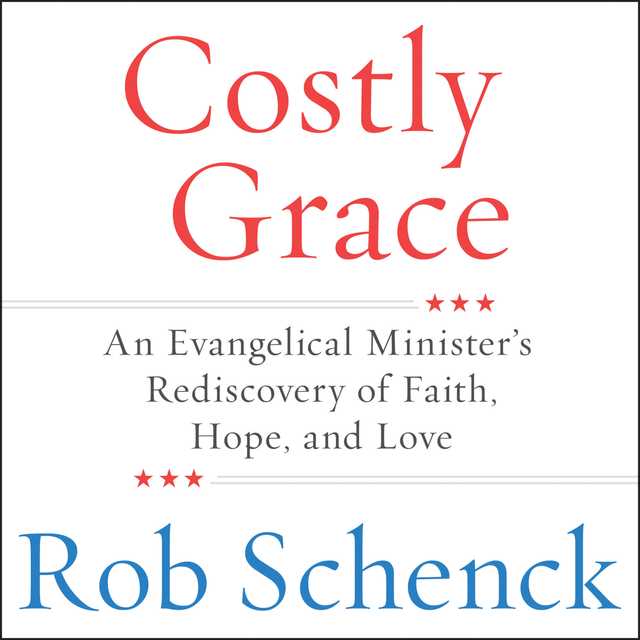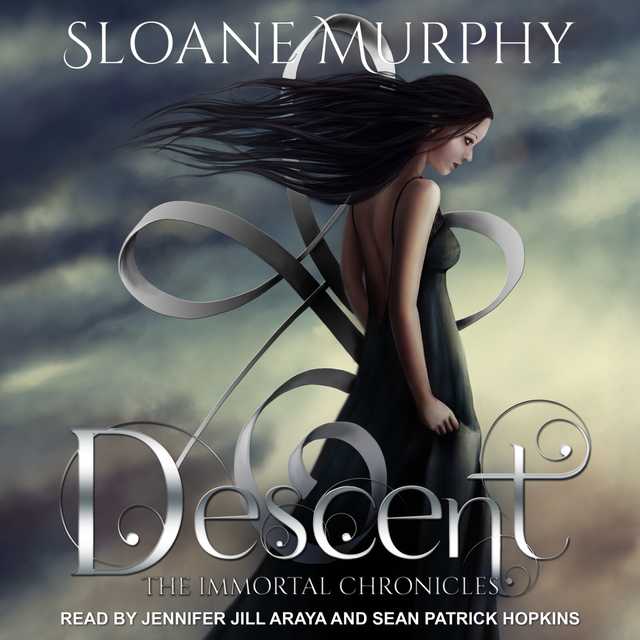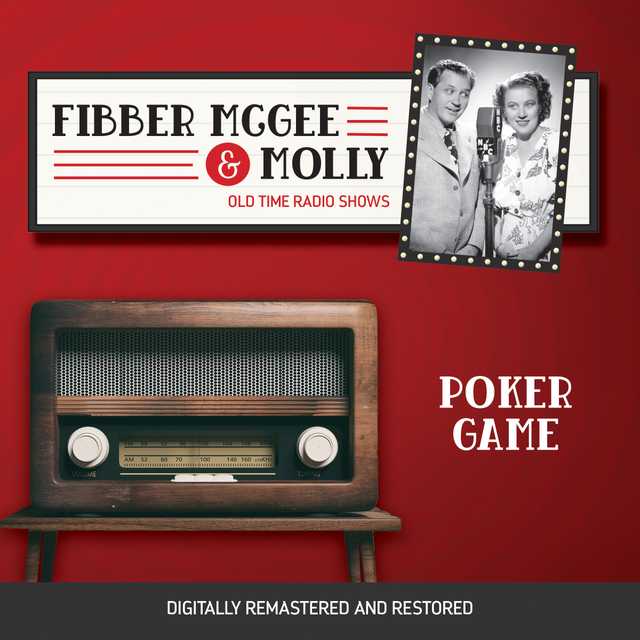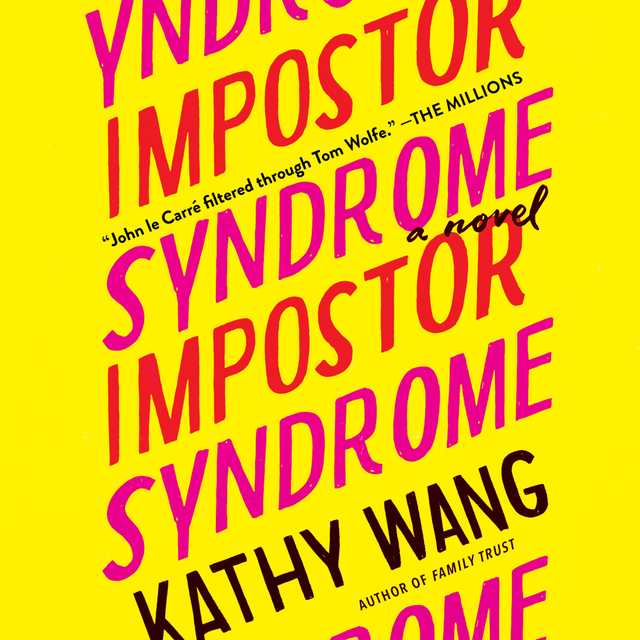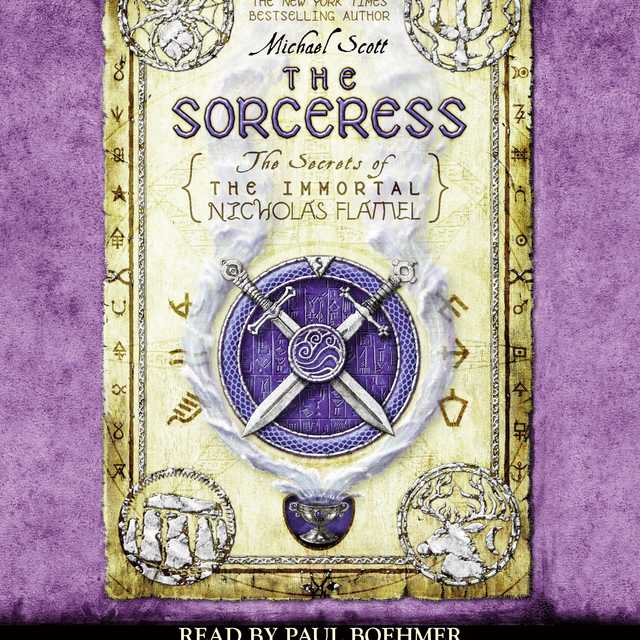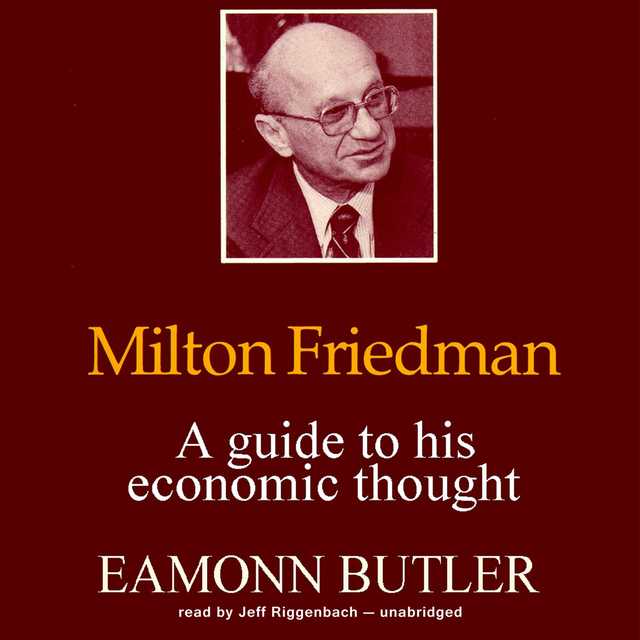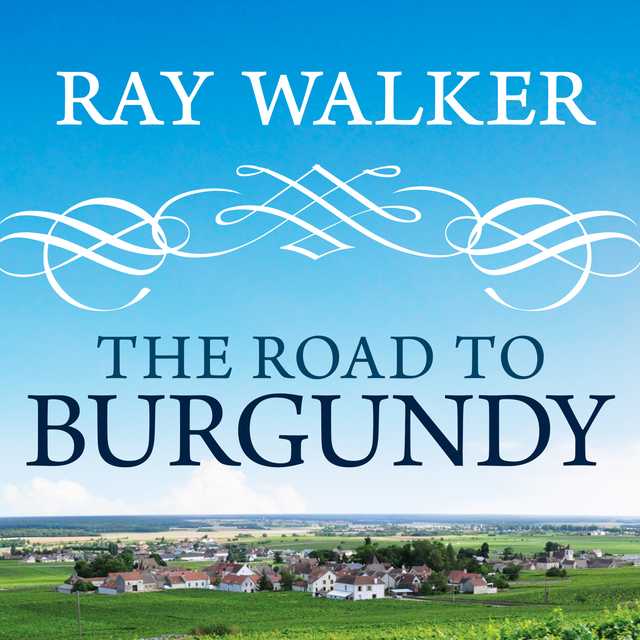Costly Grace Audiobook Summary
A leading American evangelical minister–whom public figures long turned to for guidance in faith and politics–recounts his three conversions, from childhood Jewish roots to Christianity, from a pure faith to a highly politicized one, and from the religious right to the simplicity of Jesus’ Sermon on the Mount.
Rob Schenck’s extraordinary life has been at the center of the intersection between evangelical Christianity and modern politics. Attacked by partisans on both sides of the aisle, he has been called a “right-wing hate monger,” the “ultimate D.C. power-broker,” a “traitor” and “turncoat.” Now, this influential spiritual adviser to America’s political class chronicles his controversial, sometimes troubling career in this revelatory and often shocking memoir.
As a teenager in the 1970s, Schenck converted from Judaism to Christianity and found his calling in public ministry. In the 1980s, he, like his twin brother, became a radical activist leader of the anti-abortion movement. In the wake of his hero Ronald Reagan’s rise to the White House, Schenck became a leading figure in the religious right inside the Beltway. Emboldened by his authority and access to the highest reaches of government, Schenck was a zealous warrior, brazenly mixing ministry with Republican political activism–even confronting President Bill Clinton during a midnight Christmas Eve service at Washington’s National Cathedral.
But in the past few years Schenck has undergone another conversion–his most meaningful transition yet. Increasingly troubled by the part he played in the corruption of religion by politics, this man of faith has returned to the purity of the gospel. Like Paul on the Road to Damascus, he had an epiphany: revisiting the lessons of love that Jesus imparted, Schenck realized he had strayed from his deepest convictions. Reaffirming his core spiritual beliefs, Schenck today works to liberate the evangelical community from the oppression of the narrowest interpretation of the gospel, and to urge Washington conservatives to move beyond partisan battles and forsake the politics of hate, fear, and violence. As a preacher, he continues to spread the word of the Lord with humility and a deep awareness of his past transgressions.
In this moving and inspiring memoir, he reflects on his path to God, his unconscious abandonment of his principles, and his return to the convictions that guide him. Costly Grace is a fascinating and ultimately redemptive account of one man’s life in politics and faith.
Other Top Audiobooks
Costly Grace Audiobook Narrator
Rob Schenck is the narrator of Costly Grace audiobook that was written by Rob Schenck
Rob Schenck has been in public ministry since the late 1970s. He founded and has directed several influential religious organizations and has written essays for the New York Times, USA Today, the Washington Post, TIME, the Chicago Tribune, the Los Angeles Times, the Houston Post, the Atlanta Journal-Constitution, the Orlando Sentinel, the Daily Beast, the Huffington Post, and VICE News. He is the subject of Abigail Disney’s Emmy Award-winning documentary, The Armor of Light. Schenck, an ordained minister, serves on numerous nonprofit boards, including P&R Schenck, Associates in Evangelism, Inc., the National Clergy Council, the Advisory Commission on Minority Engagement for the National Center for State Courts, and the Board of Presbyters of the (Old Line Evangelical) Methodist Episcopal Church USA. In 2015, he was named a senior fellow of the Centre for the Study of Law and Public Policy at Oxford, and became the founding president of the Dietrich Bonhoeffer Institute, Washington, D.C. Reverend Schenck continues to guest preach across the U.S. and around the world.
About the Author(s) of Costly Grace
Rob Schenck is the author of Costly Grace
More From the Same
- Publisher : HarperAudio
- Abraham
- American Gods [TV Tie-In]
- Dead Ringer
- House of Sand and Fog
- Prey
Costly Grace Full Details
| Narrator | Rob Schenck |
| Length | 11 hours 27 minutes |
| Author | Rob Schenck |
| Category | |
| Publisher | HarperAudio |
| Release date | June 05, 2018 |
| ISBN | 9780062848208 |
Subjects
The publisher of the Costly Grace is HarperAudio. includes the following subjects: The BISAC Subject Code is Biography & Autobiography, Personal Memoirs
Additional info
The publisher of the Costly Grace is HarperAudio. The imprint is HarperAudio. It is supplied by HarperAudio. The ISBN-13 is 9780062848208.
Global Availability
This book is only available in the United States.
Goodreads Reviews
Erica
July 16, 2018
An exercise in graceNo matter the reader they will be asked to extend grace while they read Costly Grace, a demanding task for most. If you once aligned with the work of Rob Schenck you will need to extend grace as he moves and partners with those outside of the Republican Evangelical party. If you are disturbed by Schenck’s work in the 80s-2000s you will need to extend grace as you read about his actions and beliefs, something that I do not think I am fully able to do right now. What does Costly Grace offer to the reader? - An example of someone who admits they have made mistakes. - An example of someone trying to leave the rote rhetoric of politics and evangelicalism. - One mans personal view of how Evangelical and Republican became synonyms and lasting implications of this dangerous pairing- A scary example of what happens when a group of white men decide what is best for America. - a frank look at Evangelicals who are also part of the NRA. - A new voice in all the noise. What Costly Grace lacks:- fair treatment of President Obama. - fair treatment of Paul Ryan (he is not the amazing man Schenck hopes he is) - a clear apology for the lives Schenck hurt in his single minded approach to saving innocent lives.
Donald
August 08, 2018
A book all religious fanatics should read. My frustration with "Evangelicals" was elevated throughout most of this book. The moral superiority of their dogma and the necessary concomitant inconsistency with the human condition are so glaring that it frustrates me almost as much as how the dogma misses the true message of Jesus of Nazareth. This author finally got there, thanks to his wife. His education, well after most of the damage he caused, helped too. The revelation the Christian Right has been used by folks who are really just lining the pockets of the wealthy and perpetrating institutional racism was a welcoming aspect of this book of transformation through a true effort to find God. It is a true story of redemption and a pull back of the curtain that shrouds so many poor, uneducated, racism infused souls. It is worthy of five stars for its cultural and political importance but I cannot bring myself to put the fifth star. This reveals my emotional immaturity for which I confess and pray to atone.
Karen.s
July 25, 2018
If you are disillusioned with Christianity and can't fathom why anyone who calls themselves a Christian can support Trump, read this book. I have been disillusioned for decades, but the rise of hatred among evangelicals is one of the things that completely turned me off church. I am a liberal and in my opinion this comes from having Christian beliefs yet so many so called Christians don't seem to care about the poor, the down on their luck, the minority, the refugee, the drug addicted. I don't get it. And the wholesale embrace of Trump, the pretzels evangelicals have twisted themselves into to justify Trump, makes me question what kind of people my friends and family truly are. Schenck's journey is inspiring to me because it encompasses mind and soul. His conversion to embracing all of God's people started with an intellectual journey and then his heart was opened so that he went from a dehumanizing, hated based faith to understanding and accepting people's fallibility and their right to love. I am not exaggerating that he, along with Nadia Bolz Weber,has restored some hope in the Christianity, that there can be a place for a liberal like me in the church. That there are Christians who think like I do. Now if we can get the perniciousness of politics out of the church.
Julie
October 03, 2018
This one got me in a way I wasn’t expecting. Listened to the NPR Fresh Air interview with Schenck and was intrigued.I found some of the beginning tedious but I think that stemmed from wanting more details about his third conversion v the beginning of his story. But he builds a good base, the third part is so so worth it. I appreciated the historical understanding of the evangelical anti-abortion/culture wars movement along with its linkage to the Republican Party. I appreciated the insight into a community that is far far different from my own. Schenck owns his mistakes and provides valuable insight into his thoughts and desires at the time of his actions. Part three was my favorite part and a beautiful challenge to our own ethical morals compared with our actions. And it was a call to see those who we disagree with as humans—just like us.
Jen
February 11, 2019
I sent this comment to my dad tonight, as feedback on the book.This minister is a semi-frequent guest speaker at my church. This book is amazing. and perhaps will give some insight into where I sit now. It has resonated with me more than many things I’ve read as of late , in that I see my experience in his own. Worth a read if you get a chance. Compelling story of a Jew from Buffalo who now ministers on Capitol Hill.
Nancy
July 04, 2020
I saw Rev. Schenck in the AKA Jane Roe documentary and was fascinated that he'd transformed from a radical evangelical pro-lifer to an extremely thoughtful and introspective evangelical progressive. (I also listened to his moving interview with Terry Gross.) This memoir offers an inside look into the shameful politicization of the Christian right and will help any reader open his or her heart to all people, whether they share political views or not. (And I am not religious or a church-goer.)
Ann
March 17, 2021
I really enjoyed this memoir. I had hear Mr. Schenck interviewed on "Fresh Air" and as well had watched him in The Armor of Light and really wanted to learn more about his spiritual journey. Schenck and his twin brother, Paul turned away from their Jewish background as teenagers and joined a Methodist church, much to the chagrin of their father. This could have been a brief teenage dalliance, a rebellion of sorts, but it turned into a life changing decision for the brothers. I couldn't keep up with how many worship communities they started and or joined, or the myriad forms of public service they participated in in the name of their faith. Their devotion was genuine and I was very impressed at their dedication giving their relative youth. The author would go on to have another conversion, to direct his energies and by then significant influence within the faith community towards the issue of abortion and Operation Rescue. This would lead to his being more involved in politics and the and the growing influence the evangelical community would begin to have in national politics and presidential elections. By the time Donald Trump was elected (with 80% of evangelical voters supporting him) Mr. Schenck was well on his way to his third conversion.Throughout the book I disagreed strongly with a lot of Schenck's politics and stances regarding abortion, the need for religion in schools and the disdain for LGBTQ rights. That being said, I could also tell that throughout the narrative he remained a caring man. The detailing of his eventual decision to distance himself from the evangelical political right was very gratifying for me, it was as if he rediscovered the 18 year old young man who volunteered to work with addicts in the inner city simply because he wanted to make a difference and saw that they had just as much humanity as he did. Stray observations: * When an abortion doctor was murdered in cold blood and Schenck was called on to speak on behalf of Operation Rescue to do damage control it was eerily familiar. As the organization used charged language like murder and war, they claimed that they had never advocated violence and could not be held responsible for such a violent act. This sounds very much like current GOP lawmakers explaining away the Capitol insurrection on 1/6/21 and claiming it had nothing to do with the seething rhetoric the mob had been fed for months by Trump and his surrogates. * Schenck detailed that while participating in promotion of George W. Bush during 2000 presidential election his marketing/fundraising companies recommended they use 'Fear and Anger' technique, namely that simply describing their programs and what they stood for would garner little money. In contrast, making their members angry and afraid would raise a lot more funds. Trump and his machine seem to have absorbed this message and used it during his first election and appear to still be using it even though he has lost his second one fair and square.
Chris
February 22, 2019
An inside look at a man's faith evolution. From finding faith as a teen to be becoming a major voice in the Religious Right to questioning much of what he had given his life too, Schenck pulls back the curtain and lets us see it all. He doesn't hold back and shares moments that he would say are now embarrassing or don't represent him at all. He doesn't paint himself as a savor, but as trying to his best in a complicated world and culture. I wished there was more time spent on his "third conversion" though it is recent enough that these chapters haven't been written yet. Some of his attitudes and actions in fighting against abortion are hard to read and hear. A good read and one that helps us wrestle with what we believe and why, and then how we act in response. I look forward to following Schenck and the Bonhoeffer Institute as they strive to be faithful to Christ over party.
Crissi
February 23, 2021
After the past 4 years of Trump, my eyes were opened to the ugliness and self-serving nature of politics, and even more to the ugly side of Christianity that supported this man that, in my eyes, stood for everything Jesus was against. During the Trump years, my husband and I grew distressed at what we were seeing among those we worshipped alongside, and after some soul searching, we decided to leave the church. It was a heart wrenching decision, one we haven’t fully felt since soon after the pandemic happened and none of us were meeting in church. And while I am glad we made this decision, I still aim to understand how Christians can be so passionate about our 45th president, attend his rallies, and cry fraud following his loss in the election. Insert this book. I heard about Rob Schenck through a Facebook group for Christians who are grieved at our current political state. My curiosity about him led me to this book, Costly Grace, where I began reading without knowing much about Pastor Schenck at all. But as I read along, I was overwhelmed by a myriad of emotions and understanding. The book is split into three parts, beginning with his conversion from passive Judaism to Catholicism, then his entrance into Evangelicalism, and ends with turning away from politics as his God and returning to Christ. It was the second part of this book that affected me the most. Over the past 4 years, I’ve realized how naive I’ve been about politics, and even religion, but this book solidified my new understanding. I honestly never realized just how much religion, particularly Evangelical Christianity, plays a part in politics. I mean, I see how God is infused in our politics, from swearing on a Bible to In God We Trust - which, in hindsight, is strange for a country that also promises freedom in religion. But is there actually freedom in religion? Reading this book, I’d say not. Seeing how Schenck and other “people of God” took aggressive measures to get their candidates elected and to push their beliefs and agendas was appalling. The pro-life measures were horrendous, including public funerals for aborted fetuses, even holding the dead bodies for the public to see or presenting a sitting President with an aborted fetus. These Evangelicals were pushing life for unborn babies, and yet toting them across the country as political tools. Schenck’s final conversion touched my soul, and I teared up more than once. Over the years when he was deep into Evangelical Christianity, immersed in gaining political power, his family life was suffering. He’d stay awake at night, obsessed over what needed to be done to ensure the right candidate was elected to help promote issues at the heart of Evangelical Christianity. Meanwhile, his marriage was strained, his relationship with his children was suffering, and the very things that attracted him to Jesus were getting lost in the struggle. But then there was his mustard seed moment - that maybe his faith practice wasn’t what Jesus had in mind.It wasn’t just one thing that brought Schenck back to the message of Jesus, but a blend of events and circumstances. It was seeing the grace with which an Amish community offered to the mother of a gunman that murdered six schoolgirls. It was learning about the gentle and loving methods of his spiritual hero, Bonheoffer, along with the horrifying similarities of the rise of Nazi Germany to Evangelical’s role in current politics. It was his growing friendship with Abigail Disney as they filmed a documentary about evangelicals, their pro-life stance, and their passion for guns. And more. The second part of this book made me wonder how I could possibly “forgive” Schenck for his role in the downfall of Christianity and the rise of Trumpism in our nation. But as I continued with the third part, a new understanding came over me. Schenck was immersed in a volatile form of Christianity, and he described what it was like to not only leave it, but to speak out against the messages he once forcefully broadcast - and how it felt to be shunned from both sides. At a dinner with his childhood rabbi, when he was asked about a time he felt like he was a stranger, Schenck said, “when I could not reveal my true thoughts, express what I really believe, or tell people who I really am.” This is what it feels like to be a part of a church family that no longer feels like the safe place you once thought it was. In a small way, it described how it felt when my husband and I made the decision to leave the church, and the emotions we felt after. We did not leave a hateful organization, but a community that no longer aligned with our beliefs. And we did so privately and not in the public eye, like Schenck did. But I found an emotional and kindred feeling in Schenck’s account in leaving a community that had once felt knit into the fabric of our beings, and then how to face those in the community we still cared for but could no longer worship beside. But the biggest message Schenck promotes is seeing the human being - the individual - on the other side rather than lumping people together as a faceless cause with an “evil” mission. Imagine if everyone did this, whether right or left, Christian or Muslim, Gay or Straight…. Imagine if we all saw God in the person in front of us instead of an issue. Imagine the kind of world we’d live in then. I imagine this is the kind of world Jesus was talking about when he commanded us to love our neighbors. I’m so glad I read this book. For the past 4 years, and especially in 2020, I have grappled with my faith, mostly because of the manipulations I’ve seen through religion and in the name of Christ, and I’m tired of feeling misled. This book gave me hope, and it helped me feel a little less lost.
Minter
August 07, 2018
To say that Costly Grace was an easy read would be wrong. It's intense. As a liberal atheist, the bridge into Rob Schenck's narrative is long to traverse; but the journey is, ultimately, very rewarding. While many of the passages made me shudder, the book also gave me great pause for reflection and introspection. Costly Grace is as much an honest and revealing insight into Schenck's life as it is an inside view of the Evangelical movement. As such, it also provides a sort of history of the Evangelical phenomenon. Where Schenck ends up in the book is a beautiful place. The world needs more of Rob Schenck's honesty and self-questioning.
Camiwar
February 20, 2019
I had no idea who this author was, but my brother recommended the book. It was so interesting! In a nutshell, this author journeyed from the kind of anti-abortion stuff that feels like hatred to the opposing side, to understanding how we are to love both the unborn and the born... to respect human life to the point of losing our judgment toward those with whom we disagree.There was much more in the book than this, but this was my greatest takeaway.
Amy
July 02, 2021
Raw, brave, and beautiful. This is a timely reminder to those of us who are disillusioned by the state of the evangelical church in our time that we are not alone, and that God’s calling on our lives to love our neighbors still stands, even if the church has lost sight of it.
Dale
October 20, 2018
A Review of the AudiobookPublished in 2018 by HarperAudio.Read by the author, Rob Schenck.Duration: 11 hours, 26 minutes.Unabridged.Rob Schenck tells the story of his life as a story of three conversions. His first conversion was a conversion from Judaism to Christianity as a teenager. Soon after graduating high school he married and began to work to his certification to join the ministry. He first worked in a shelter for junkies but he found that to be a little too dangerous for his wife. Plus, he longed for something with a larger impact.He became a pastor with a church but still felt that wasn't enough. He participated in joint missions in Mexico to help those that live in the garbage dumps and scrounge them for food and recyclables. After one of his trips he found that his twin brother (also a pastor) had become involved in Operation Rescue, the anti-abortion movement that encouraged protesters to block the entrances to abortion clinics and use non-violent resistance to stop women from getting an abortion. Eventually, the police would show up and start arresting people and it would become a big spectacle that would make the news.Schenck was persuaded to attend a protest. This was his second conversion. He promised his wife that he wouldn't get arrested - he was just going to observe. But, the lure of the action was too much and he ended up getting arrested. He was hooked. He loved the idea of taking direct action in the name of the Lord.He became a top figure in the anti-abortion movement. He confronted public figures for their support (twice he ended up being held for questioning for confronting Bill Clinton). He carried actual aborted fetuses to rallies to show people what they were really talking about when they discussed abortions. He became very familiar with the process of being arrested for the cause.And the cause was also becoming an influential force in Republican politics. Schenk worked with all the major players. At this time, he began to seriously study the works of Dietrich Bonhoeffer, a German Lutheran minister who was placed in a concentration camp for his constant questioning of Nazi authorities. Eventually, he was executed by the Nazis just days before the end of World War II. His studies of Bonhoeffer made him question what he was doing as a Christian. He began to question the cozy relationship he had with the powers that be in Washington. His questions led him to conclude that his fellow evangelicals were wrong in their unlimited support of the NRA and gun rights, especially after two abortion providers were assassinated.But, he was most moved by the reaction of...Read more at: https://dwdsreviews.blogspot.com/2018...
G.F.
July 15, 2020
If you've ever wanted to get into the mind of a religious extremist, you'd be hard-pressed to find a book as captivating as Costly Grace. Rob Schenk's life has been a fascinating one: He was born Jewish, converted to a type of evangelical Christianity as a teenager, devoted most of his adult life to the radical end of the anti-abortion movement, and (view spoiler)[eventually arrived at a more mainstream type of Christianity that gave him the tools to start seeing people as something other than politically useful objects (hide spoiler)].Although I have an evangelical background, I wasn't familiar (except through news accounts) of the politically oriented style of right-wing evangelicalism that thrived beginning three decades before the era of Donald Trump. And Schenk was at the center of it all. I suppose I've thought that people in that far end of the anti-abortion movement were more interested in controlling others than they were in their Christian faith. (view spoiler)[But that wasn't true of Schenk — or maybe it was. Schenk was a true believer, but as he tells his tale it's clear that he was drawn to the exercise of power even as he stuffed down any thoughts he had that what he was doing wasn't all that consistent with the teachings of Jesus. (hide spoiler)]If I had any disappointment in the book, it was that Schenk wasn't clear in explaining what he thinks today (or when the book was written) about hot issues such as abortion and homosexuality. But his views aren't really the point; (view spoiler)[his story is of someone who slowly came to a realization that he was living a life inconsistent with his deepest values. It's a story of a faith journey, not of someone who merely switches political teams. (hide spoiler)]I'd recommend this book for any political or religious extremist, for someone interested in the psychology of extremism, and for anyone who wonders how a Christian can come to adore Trump (even though Trump is barely mentioned in the book).Schenk's writing style is both thoughtful and engaging. Above all, he shows that personal growth is possible, even for those who seem hopelessly lost.
Bob
March 26, 2019
I met Rob and his twin Paul back in the 1980s in New York City. Our lives had been parallel in measure at that point, and in reading this autobiography of his life so far, I find it fascinating how they continue to parallel. Not in the activities so much as thinking and personal growth. Rob grew up in Buffalo and I grew up in Kansas City, both small towns compared to where we overlapped in the 1980s. We again overlapped in the 1990s in Washington DC, but his journey took him significantly down a political path and mine elsewhere. My wife found this book in the library in Nashville, read it, and brought it to me. I read it this week. POWERful and liberating. Challenging and humiliating. When I see what Rob characterizes as hubris and wrong thinking in his careers over the decades, I see my own hubris and wrong thinking. What clarity and humility. Thanks, Rob, for making this, for writing this, no matter if Abby or Cheryl, or the Almighty alone challenged you to do so. The mistakes I made are hounding me; the grace you found is available for everyone. I'm glad to be included in such dispensing. It seems that many folks start right in the Gospel, then get distracted with politics or their own career path, until something or someone happens to them, and they get reoriented. St Francis certainly had that. I remember reading Jorgensen's biography of Francis and noted it back in the 1970s. But did I learn from that? That is, did I change my own behavior? Not really. I'm hoping that this read by a good man of God will not only inspire me but keep me on the renewed path of Gospel and grace. To my wife, and kids, and those around me. I don't want to be lost again.
Frequently asked questions
Listening to audiobooks not only easy, it is also very convenient. You can listen to audiobooks on almost every device. From your laptop to your smart phone or even a smart speaker like Apple HomePod or even Alexa. Here’s how you can get started listening to audiobooks.
- 1. Download your favorite audiobook app such as Speechify.
- 2. Sign up for an account.
- 3. Browse the library for the best audiobooks and select the first one for free
- 4. Download the audiobook file to your device
- 5. Open the Speechify audiobook app and select the audiobook you want to listen to.
- 6. Adjust the playback speed and other settings to your preference.
- 7. Press play and enjoy!
While you can listen to the bestsellers on almost any device, and preferences may vary, generally smart phones are offer the most convenience factor. You could be working out, grocery shopping, or even watching your dog in the dog park on a Saturday morning.
However, most audiobook apps work across multiple devices so you can pick up that riveting new Stephen King book you started at the dog park, back on your laptop when you get back home.
Speechify is one of the best apps for audiobooks. The pricing structure is the most competitive in the market and the app is easy to use. It features the best sellers and award winning authors. Listen to your favorite books or discover new ones and listen to real voice actors read to you. Getting started is easy, the first book is free.
Research showcasing the brain health benefits of reading on a regular basis is wide-ranging and undeniable. However, research comparing the benefits of reading vs listening is much more sparse. According to professor of psychology and author Dr. Kristen Willeumier, though, there is good reason to believe that the reading experience provided by audiobooks offers many of the same brain benefits as reading a physical book.
Audiobooks are recordings of books that are read aloud by a professional voice actor. The recordings are typically available for purchase and download in digital formats such as MP3, WMA, or AAC. They can also be streamed from online services like Speechify, Audible, AppleBooks, or Spotify.
You simply download the app onto your smart phone, create your account, and in Speechify, you can choose your first book, from our vast library of best-sellers and classics, to read for free.
Audiobooks, like real books can add up over time. Here’s where you can listen to audiobooks for free. Speechify let’s you read your first best seller for free. Apart from that, we have a vast selection of free audiobooks that you can enjoy. Get the same rich experience no matter if the book was free or not.
It depends. Yes, there are free audiobooks and paid audiobooks. Speechify offers a blend of both!
It varies. The easiest way depends on a few things. The app and service you use, which device, and platform. Speechify is the easiest way to listen to audiobooks. Downloading the app is quick. It is not a large app and does not eat up space on your iPhone or Android device.
Listening to audiobooks on your smart phone, with Speechify, is the easiest way to listen to audiobooks.

